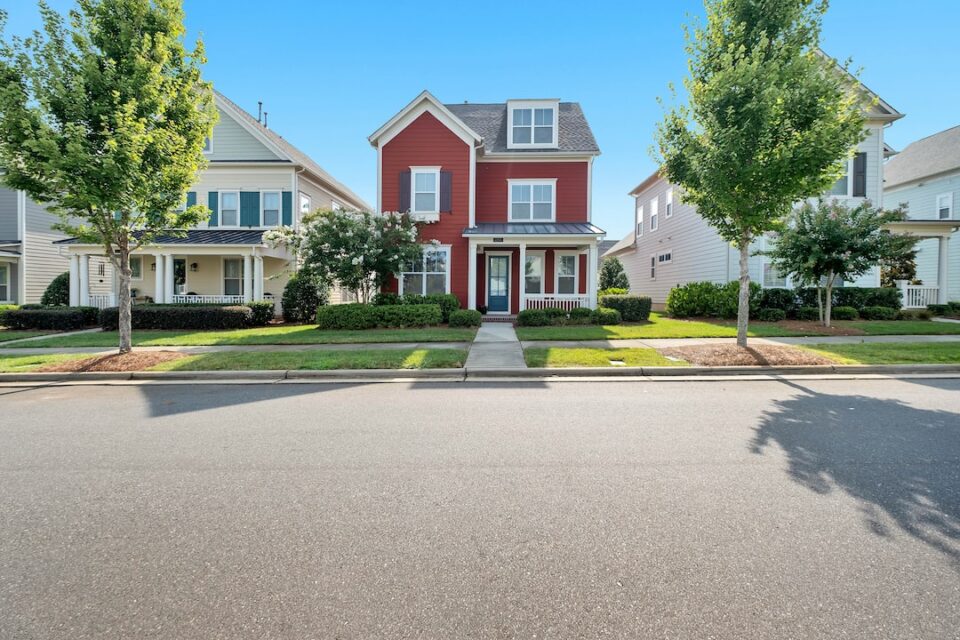Introduction
Selling a home can be an overwhelming process. One of the challenges homeowners face is handling multiple offers. While this is a good problem to have, it can be confusing and stressful. You want to make sure you get the best deal possible while keeping your emotions in check. In this article, we’ll discuss how to handle multiple offers when selling a home.
Understand the Offers
When you receive multiple offers, it’s important to understand what each one entails. Analyze the terms of each offer and identify the strengths and weaknesses of each. Factors to consider include:
– Price: It’s not just about the highest offer price. Look at the financial details of each offer, such as the amount of the earnest money, closing costs, and down payment.
– Contingencies: Look at the contingencies included in each offer. Common contingencies include the sale of the buyer’s home, financing, and inspection. Consider the risk and uncertainty associated with each contingency.
– Financing: Determine if the buyer has been preapproved for a mortgage, and if so, check the lender’s reputation. Consider the likelihood of the buyer getting a loan, and whether there are any financing conditions attached to the offer.
– Closing date: The closing date is also important. If you have a preferred closing date or need to sell by a certain date, choose the offer that best aligns with your timeline.
Respond to Each Offer
Once you have evaluated each offer, it’s time to respond. You have several options:
– Accept one offer: If one offer stands out and meets your needs, you can accept that offer. Before accepting, make sure you’ve reviewed the terms and confirmed that the buyer can fulfill their obligations.
– Counteroffer: If no offer is exactly what you’re looking for, you can counteroffer. A counteroffer is a negotiation on the terms of the original offer. You can propose changes to the offer, such as a higher price, a shorter contingency period, or a different closing date.
– Ask for “highest and best”: If you receive multiple offers, you can ask each buyer to submit their “highest and best” offer. This means each buyer will resubmit their offer with their best possible terms. This strategy can lead to a bidding war and can help increase the final price.
Consider the Buyer’s Motivation
When evaluating offers, consider the buyer’s motivation. Find out why the buyer wants your home, and how urgently they need to purchase a property. A buyer who is highly motivated to buy your home may be willing to pay more or offer better terms.
Also, consider whether the buyer is already preapproved for a mortgage or needs to sell their current home first. The more financially stable the buyer, the more likely they are to follow through and close the deal without any issues.
Conclusion
Handling multiple offers can be overwhelming but it is a good problem to have. By analyzing each offer, responding in a timely manner, and understanding the buyer’s motivation, you can make an informed decision. Remember to stay level-headed and stick to your priorities and timeline. With the right approach, you can sell your home for a great price while minimizing stress and uncertainty.

